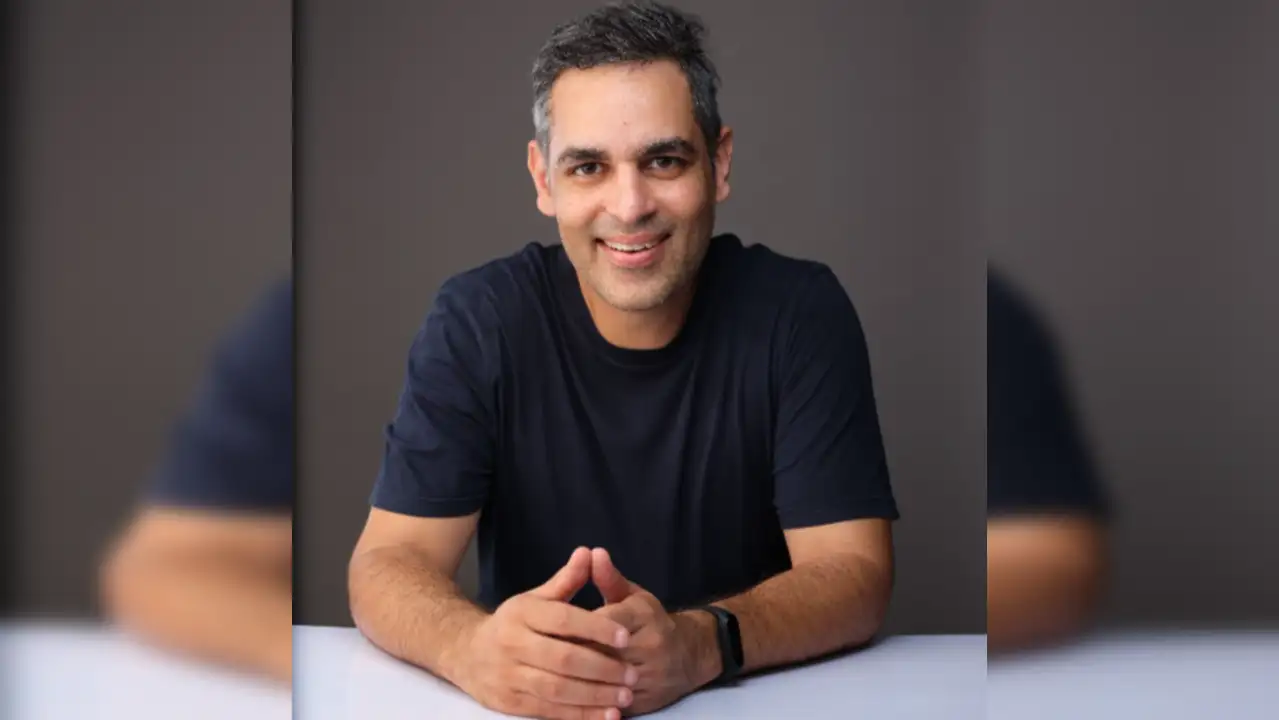Phil Kwok, CEO and co-founder of London based EasyA, a platform that wants to make tailored academic support more available for students, has a bold vision for the future of UK entrepreneurs. He was upbeat about the UK’s possibilities in a recent interview with Entrepreneur UK, particularly given its vibrant business ecosystem. Even though he admits that there are still obstacles to overcome, Kwok is adamant that the UK can once again lead the world in innovation given the correct assistance.
“The UK used to lead the world across the board. It used to be the world’s largest economy. It used to be the country every leader looked up to,” Kwok says. “The same can’t be said today, and different to other countries, the UK has no excuse. The flatlining of the economy isn’t just sad; it’s a complete disaster and a criminal waste of the gifts this country has.” But rather than dwell on the past, Kwok is focused on the future, urging for a shift towards an entrepreneurial mindset that he believes could catalyse significant economic growth.
“The UK government must be restructured to reflect and support entrepreneurship, where calculated risks and bold decision-making drive growth at every level. The UK can no longer be run by career politicians who lack genuine business experience,” Kwok argues. His call for a government that champions entrepreneurship is one grounded in optimism – he believes that with the right political support, the UK’s economy can quickly turn around. Kwok is particularly enthusiastic about the resources and talent already available in the UK. “We have the best universities in the world, too, from Cambridge to Oxford to Imperial and UCL, and it shows,” he says. “The UK is home to the third most unicorns in the world, second only to the US and China, and attracts more VC funding than France and Germany combined.” This is a testament to the immense entrepreneurial spirit present within the country.
However, Kwok points out that with so many well-known businesspeople moving overseas, the UK is finding it increasingly difficult to retain such talent. “The brain drain has already started. The creator of Revolut, the most valuable FinTech business in the UK with a $45 billion valuation, Nikolay Storonsky, has already relocated to Dubai. Whether it is to Asia, the US, or Dubai, more are doing the same. Kwok, however, views this as an opportunity for the UK to show off its full potential and attract returning talent, rather than as a setback.
“We just need to keep our eyes on the destination and shout about it from the rooftops, to bring top talent back to the UK. We need to start talking about how great we are – something we’re terrible at doing as Brits,” he emphasizes. “Everyone knows about NASA putting men on the moon, and Elon Musk’s SpaceX rockets. But did you know that the UK has the second largest aerospace industry in the world? We just don’t talk enough about our successes, whereas our American counterparts won’t stop talking about theirs.” For Kwok, the UK’s potential is immense, but it requires greater recognition and celebration of its successes. He believes that by showcasing the country’s strengths, the UK can create a positive feedback loop that will help attract top talent and investors back to its shores.
Kwok makes it apparent that prompt action and resolute leadership are required when it comes to the function of government. He cites the US as an example, where business executives have directly impacted policy decisions. “We require individuals who are not bound by a path they committed to years ago, and occasionally even decades ago,” Kwok states. “We see the benefits of this in the US, where there are a lot more businesspeople in government and a lot more non-career politicians. Elon Musk is promoting government efficiency in Trump’s administration by means of the recently established Department of Government Efficiency (DOGE). The most successful businesspeople in the world are pushing pro-business policies.
Kwok’s optimism stems from his conviction that the UK can dominate the world in the upcoming industries if the correct choices are made. “The markets clearly prefer Elon’s engagement, despite the fact that it has been controversial. The American economy is booming. The market is always right, as they say,” he adds. Since 2023, the UK has been unable to go forward with its consideration of cryptocurrencies and stablecoins, and no progress has been made. To get the UK back on track, we need swift, decisive action instead, including light-touch, transparent regulations that provide AI and crypto legal certainty.”
If the UK can adopt a culture of decisive action and encouragement for innovation, Kwok sees a bright future. “We should finally go with the United States, who are winning, rather than the European Union, who are obviously losing. That is exactly what we can do after Brexit. In the end, Kwok’s message is one of optimism and hope. The UK can regain its position as a hub for innovation and startups with the correct backing, guidance, and vision. In addition to being a call to action, it serves as a reminder of the UK’s amazing potential, if only it could realize it.












